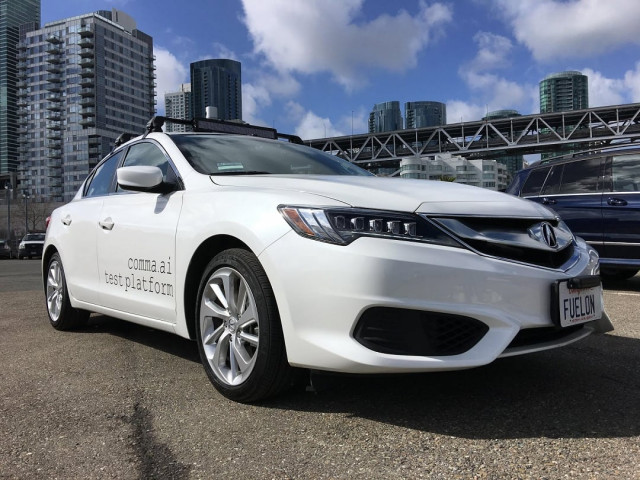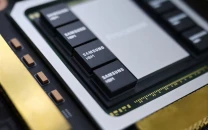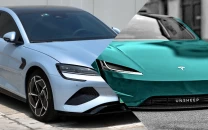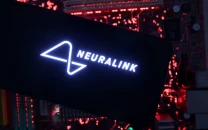US tech startup Comma.ai giving away self-driving car software
The code is available for free through GitHub and will work on certain Honda Civic and Acura ILX cars

The code is available for free through GitHub and will work on certain Honda Civic and Acura ILX cars. PHOTO: COMMA.AI
On Wednesday, Comma.ai announced on its website that it had open sourced the software code and robotics research platform for the driver-assistance system the company had planned to start selling at the end of the year, before the National Highway Traffic Safety Administration (NHTSA) compelled it to change course.
The open-source project may allow Comma.ai founder and well-known hacker George Hotz to deploy his technology without butting up against regulators.
California proposes giving more freedom to test self-driving cars
The code is available for free through code depository GitHub, and the software will work on certain Honda Civic and Acura ILX cars, the two models Hotz had previously been test-driving. Hotz also posted an online guide for building the device, which looks like a smartphone in a 3D-printed case that mounts on the windshield.
"From this, you should be able to replicate our initial ... experiments," Hotz wrote in a letter on the company's website.
Comma.ai has compiled more than seven hours of highway driving into a dataset that the public can download.
Hotz cautions that the technology is "alpha quality software," which indicates the very early stages of development and may require fixes.
Two Reuters reporters joined Hotz for a test drive of his driver-assistance system in September. During the drive, the device lost connection with the vehicle sensors that locate other cars on the road, prompting Hotz to pull off at an exit, restart the car and reboot the device. The test car also had difficulty steering itself onto freeway on-ramps, forcing Hotz to grab the wheel.
Grab expands self-driving car trial in Singapore
Hotz had planned to sell the devices on Amazon for $999 to car owners already driving a Honda Civic or Acura. Honda Motor Co Ltd has said it has no relationship with Comma.ai.
Plans changed after Hotz received a letter in October from NHTSA demanding that Comma.ai provide proof to regulators that its device would be safe. "It is insufficient to assert, as you do, that your product 'does not remove any of the driver's responsibilities from the task of driving,'" the agency said.
Comma.ai also received a cease-and-desist letter from California's Department of Motor Vehicles, but Hotz argued that his technology did not fall under the state's permitting requirements because it did not enable the cars to become fully autonomous.



















COMMENTS
Comments are moderated and generally will be posted if they are on-topic and not abusive.
For more information, please see our Comments FAQ